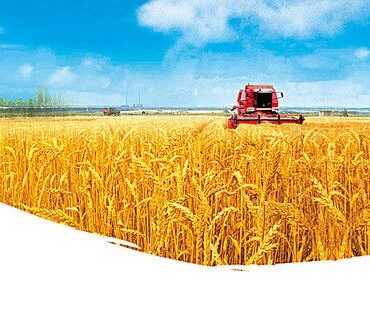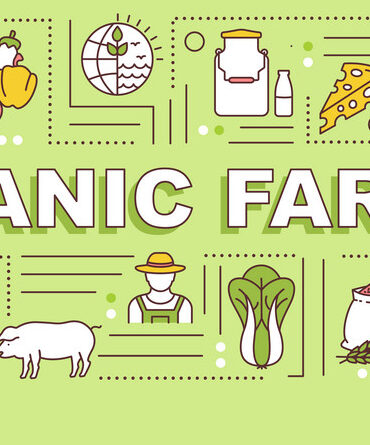
Ecological Farming
Cultivating Harmony Between Agriculture and Nature
Ecological farming, also known as agroecology or sustainable farming, represents a harmonious approach to agriculture that prioritizes the health of ecosystems, biodiversity, and the well-being of farmers and communities. Rooted in principles of ecological balance, resilience, and respect for natural processes, ecological farming offers a holistic alternative to conventional agricultural practices.
Biodiversity Conservation: At the heart of ecological farming lies a commitment to preserving and enhancing biodiversity. By cultivating diverse crops, incorporating agroforestry and intercropping techniques, and protecting natural habitats within agricultural landscapes, ecological farmers create thriving ecosystems that support a wide array of plant and animal species.
Soil Health: Soil is the foundation of agriculture, and ecological farming prioritizes practices that nurture and replenish soil health. By minimizing tillage, promoting organic matter and nutrient cycling, and avoiding synthetic inputs such as pesticides and chemical fertilizers, ecological farmers build soil fertility, structure, and resilience over time.
Water Conservation: In an era of increasing water scarcity and climate variability, ecological farming emphasizes efficient water use and conservation. Through techniques such as rainwater harvesting, drip irrigation, and agroecological zoning, farmers optimize water resources while minimizing runoff, erosion, and pollution.
Climate Resilience: Ecological farming recognizes the urgent need to address climate change and its impacts on agriculture. By adopting climate-smart practices such as diversified cropping systems, agroforestry, and conservation agriculture, farmers enhance resilience to extreme weather events, reduce greenhouse gas emissions, and contribute to climate mitigation and adaptation efforts.
Community Empowerment: Beyond environmental benefits, ecological farming fosters social equity, food sovereignty, and community resilience. By prioritizing small-scale and family farming, supporting local markets and food systems, and empowering farmers with knowledge and resources, ecological farming strengthens local economies, cultural traditions, and social cohesion.
Knowledge Sharing: Ecological farming is rooted in traditional knowledge, innovation, and participatory learning. By promoting farmer-to-farmer exchanges, agroecological research, and educational programs, ecological farming empowers farmers to adapt and innovate in response to local conditions, challenges, and opportunities.
Policy Advocacy: Ecological farming advocates for policies and incentives that support agroecological principles and practices. By advocating for agroecology in national and international policy frameworks, ecological farming seeks to create an enabling environment for sustainable agriculture, rural development, and food sovereignty.
In conclusion, ecological farming offers a vision of agriculture that is regenerative, resilient, and equitable. By cultivating harmony between agriculture and nature, ecological farming holds the promise of a more sustainable and just food system for generations to come. Join us in embracing the principles and practices of ecological farming and cultivating a brighter future for people and the planet.





